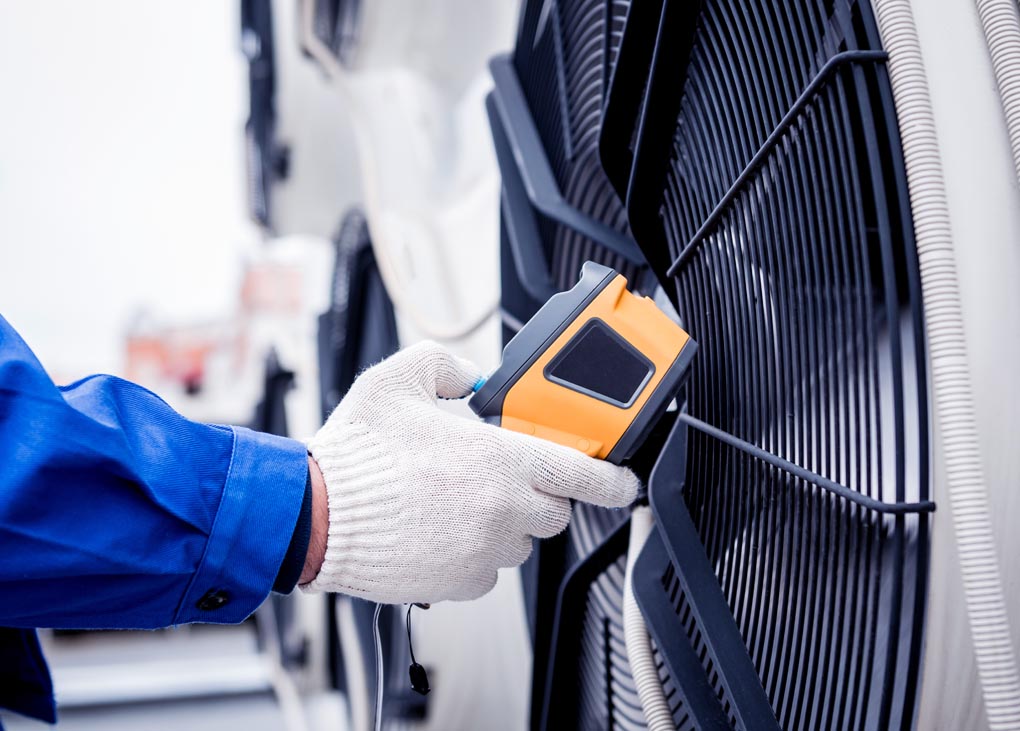The mechanical services licensing saga took another twist when NSW Fair Trading sent out an email earlier this month to contractors urging them to start applying for the new mechanical services licence, which comes into effect on March 1, 2023.
The email warned that the licence will be legally required by those “testing and commissioning mechanical heating, cooling or ventilation systems”.
Understandably, this caused confusion within the industry, as it is not consistent with the advice provided by NSW Fair Trading late last year, listed on the Fair Trading website. Also, to obtain a mechanical services licence, applicants would need a Certificate III in Plumbing (Mechanical Services) or a Certificate III in Plumbing.
Keep calm and continue testing and commissioning
Industry groups involved with supporting the implementation of the new mechanical services licence – including AIRAH, AMCA Australia and RACCA – have moved to assure their members that if they have an air conditioning and refrigeration licence and are doing work within the scope of that licence, they need not apply for a mechanical services licence.
“We have confirmed directly with the NSW government that the rules around the new licence have not changed since their last statement,” says AIRAH CEO Tony Gleeson, M.AIRAH.
“If you hold an air conditioning and refrigeration licence, you can continue to do the work under that licence without needing a mechanical services licence. This includes testing and commissioning of air conditioning systems.”
More information is available on the NSW Fair Trading website.
Open questions for water treatment
Although the new licence is not set to unduly affect HVAC&R professionals, the same cannot be said for those in the water treatment industry.
Meetings are ongoing between the NSW government and industry stakeholders to determine where the licence lines will be drawn for equipment such as cooling towers and chemical dosing systems.
“HVAC&R is a complicated space that runs across a number of different skillsets,” says Gleeson. “It’s vital that industry is involved to help the government understand the different jobs and the systems they work on.
“Ultimately, we are all working towards the same goal – safer, more sustainable, healthier and more effective systems. AIRAH will continue to represent our members and the wider HVAC&R sector, working with other industry groups and the government to achieve this.”
 Mark Vender
Mark Vender


Leave a Reply to Adam Wilson Cancel reply